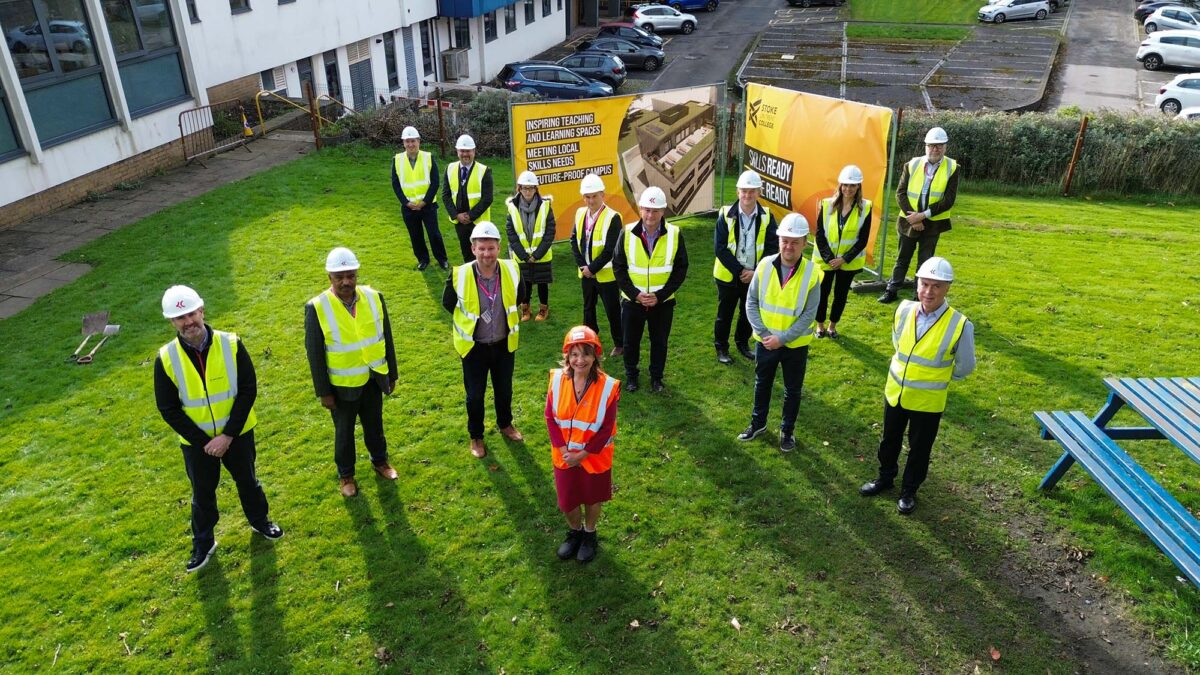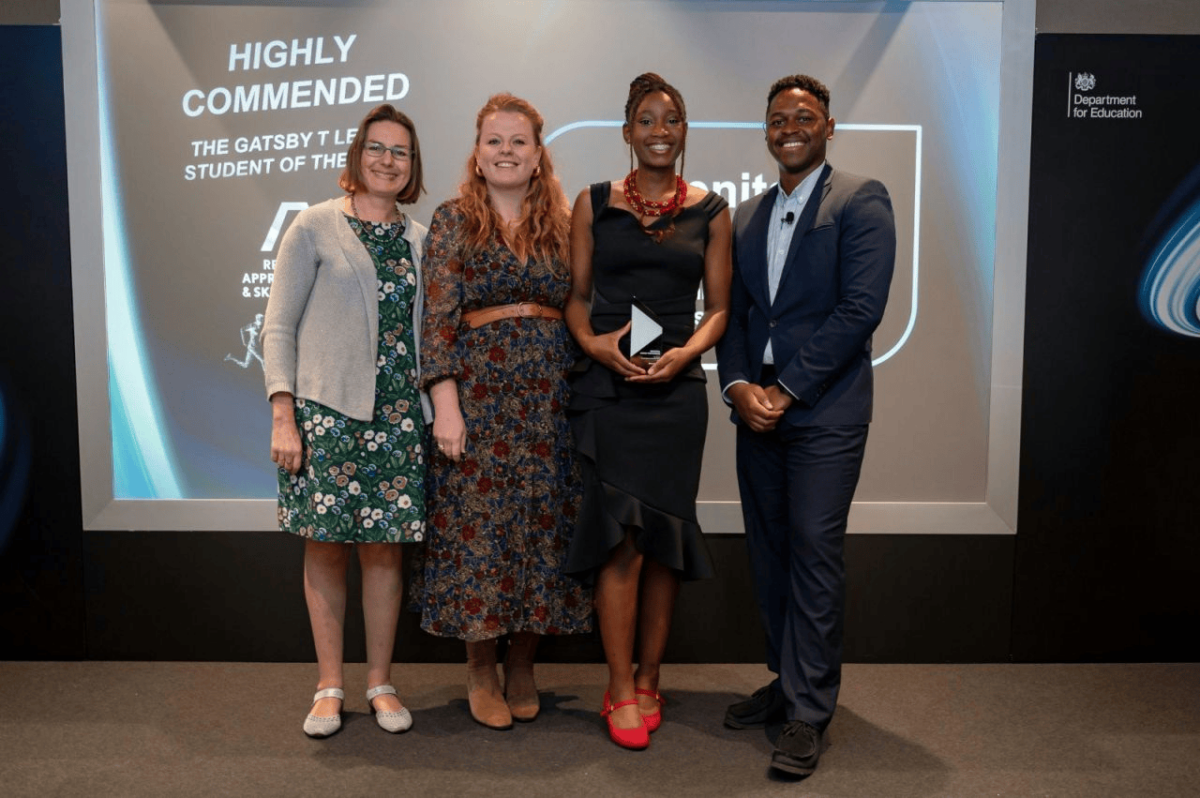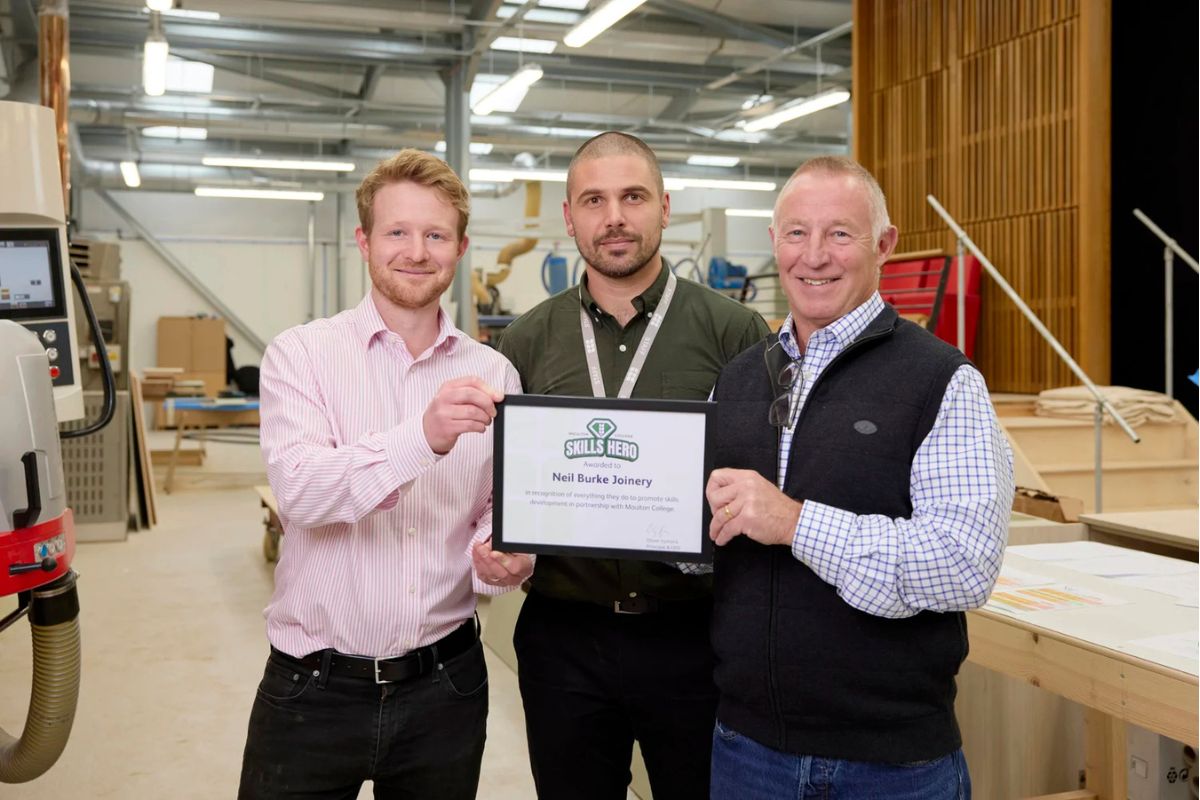What’s next for Bolton College’s Ada Service?

Bolton College is using Local Large Language Models (LLLMs) to redefine the design, use and management of Ada, its campus chatbot service. Explore the College’s use of generative Ai.
Bolton College’s Ada service was launched in April 2017. Over the last 12 months, generative Ai has had a significant impact on how we are approaching the next phase of its development. This article explores how Ada will evolve from a rule-based model towards a data driven approach, and what this means for the design, use and governance of the Ada service as a campus chatbot and digital assistant for students, teachers and campus support teams at Bolton College.
Room for improvement
Since being launched, Bolton College’s Ada service was trained using a rule-based approach, where thousands of questions and answers were authored to cater for the most popular questions that were regularly asked by everyone at the campus throughout the academic year. Whilst the success of the Ada service has been demonstrated time and time again, this approach was time-consuming and difficult to scale, and it often resulted in an inflexible service and unable to handle unexpected questions. These problems were particularly acute when attempting to cater for the breadth and depth of contextualised responses that were sought by everyone at the College.
Soon after the Ada service was established, I routinely used to ask colleagues why can’t the Ada service just recognise everything that was asked of it and why can’t the service simply find the answers to these questions from the myriad of information that it was connected to. In 2023, my questions have been answered. Generative Ai allows Ada to be trained using a data-driven approach. Instead of defining intents and entities upfront, Ada can be trained on a large repository of structured and unstructured data, and it can source answers from those datasets. At an individual level, a student or teacher can upload a selection of documents to their personal chatbot and start a conversation seconds later.
Examples of how ADA is used
At a small group level, course teams can set up and share their course chatbots with the student cohorts associated with their courses, and students can do likewise as they share their chatbots with their peers for class projects or for clubs and societies at the campus. At the organisation level, the college will be able to deploy a chatbot which is trained on general campus information, and more importantly, students will be able to garner on-demand information which is contextualised to them. For example, they can ask their chatbot about the time and room number for their next class or for their exam schedule. And visitors to the College’s website will be able to converse with the institution’s chatbot about course enquiries and course applications.
You will note from these examples, that every student, teacher and campus administrator has the ability to setup, train and share their chatbots with others in the campus. However, early proof of concepts proved not to be scalable because of high token charges when making thousands of daily API calls to third party generative Ai services. Furthermore, we have to be compliant with UK GDPR legislation. The latter could not be achieved if students were seeking on-demand information about their studies, and the owners of generative Ai platforms have yet to make assurances about how they process student and campus data. For these reasons, and more, we decided not to pursue the use of consumer facing generative Ai chatbot platforms for the main Ada service.
Pursuing the use of Local Large Language Models (LLLMs)
Instead, the College decided to pursue the use of Local Large Language Models (LLLMs) which are free to use and available to download at no cost to the College. The use of a LLLM also means that no questions, answers or data are parsed to third party chatbot providers. Colleagues at Bolton College are currently working on an early proof of concept that will scale to benefit everyone at the College. We are also seeking funding to support the development of this solution. If it works well, every student, teacher and member of a campus support team at Bolton College and the University of Bolton will be able to set up and share chatbots to support their studies and work. Once this is realised, we will pursue research that will enable the development of a richer campus digital assistant for our students and teachers.
The use of chatbots which leverage LLLMs will extend further to support the development of a conversational service within Bolton College’s FirstPass platform. FirstPass is an online service which offers students real-time feedback as they respond to open-ended questions from their teachers. Colleagues will explore how students may engage contextually with a chatbot when responding to an open-ended question on the FirstPass platform. The use of a LLLM will also enable subject specialist teachers to build up large libraries of text that are tailoured to support their students.
Conclusion
If our research on LLLMs proves to be productive, Bolton College will be well placed to design, produce, use and manage conversational services that address the needs of students and teachers, they protect student privacy and data, they are transparent, and they come about through the direct input of students and teachers through a participatory, collaborative and communal model.
Overall, the advent of generative Ai services has been embraced by colleagues and students at Bolton College; and we look forward to taking our work on the Ada service further.
By Aftab Hussain ILT and LRC Manager at Bolton College











Responses